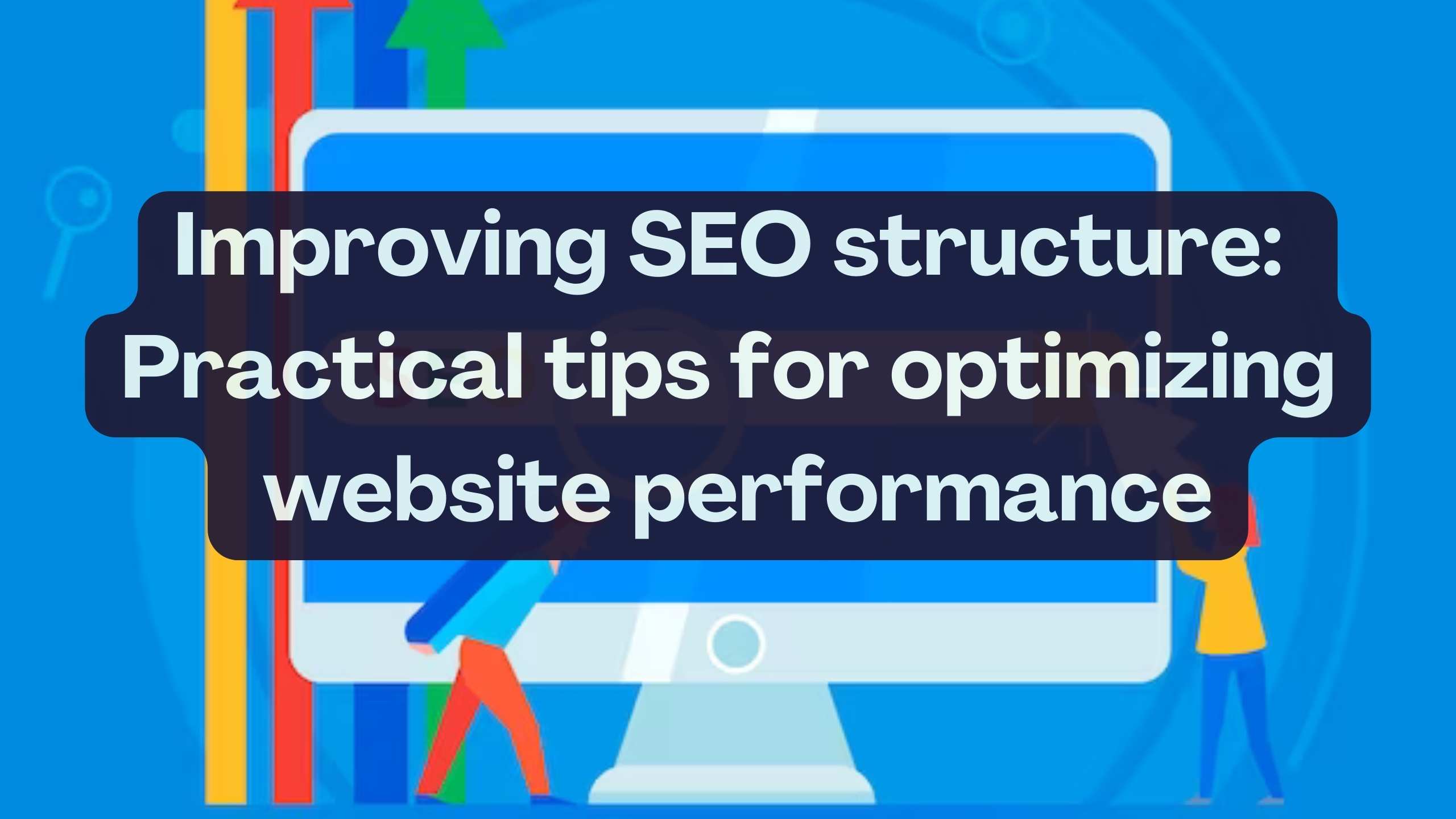Improving SEO structure: Practical tips for optimizing website performance
- WebOps Platforms Bug Tracking & Feedback Software Web Development & Design


Optimizing Website Performance: A Practical Guide to Enhance SEO Structure
In the dynamic digital landscape, a website’s performance is intricately tied to its search engine visibility. Achieving an effective SEO structure is not just about keywords; it involves a holistic approach to enhance user experience and cater to search engine algorithms. In this guide, we’ll explore practical tips for improving your website’s SEO structure, and we’ll introduce a selection of relevant SaaS products to streamline your optimization journey.
Understanding the Core Elements of SEO Structure
Responsive Design and Mobile Optimization
A responsive design ensures your website adapts seamlessly to various devices, providing an optimal user experience. Google prioritizes mobile-friendly websites, so mobile optimization is crucial for higher search rankings.
Page Loading Speed
Page speed is a critical factor for both user experience and search engine rankings. Optimize images, leverage browser caching, and utilize content delivery networks (CDNs) to enhance loading times.
Effective Keyword Usage
While keywords remain essential, focus on natural and relevant incorporation. Long-tail keywords, question-based queries, and local SEO strategies can amplify your website’s visibility.
Quality Content Creation
High-quality, relevant, and engaging content is the backbone of SEO. Regularly update your website with valuable content, including blog posts, articles, and multimedia elements.
User-Friendly URL Structure
Craft clear, concise, and descriptive URLs. A well-organized URL structure not only aids search engines in understanding your content but also enhances user navigation.
Practical Tips for SEO Optimization
Tip 1: Conduct a Comprehensive SEO Audit
Before implementing changes, conduct a thorough SEO audit to identify areas for improvement. Tools like SEMrush provide in-depth insights into your website’s performance, highlighting potential issues.
Tip 2: Utilize Schema Markup
Enhance your website’s appearance in search results by implementing schema markup. Schema.org provides a standardized vocabulary that search engines use to understand your content better.
Tip 3: Leverage SEO-Focused SaaS Tools
Explore SaaS products designed to boost your website’s SEO. Here are some noteworthy options:
- Yoast SEO: A powerful WordPress plugin that helps optimize content, meta tags, and readability.
- Ahrefs: A comprehensive SEO tool for keyword research, backlink analysis, and competitor tracking.
- Moz: Offers a suite of SEO tools, including site audits, rank tracking, and link analysis.
- Google PageSpeed Insights: Analyzes your website’s performance and provides suggestions for improvement.
Tip 4: Prioritize Internal Linking
Internal links create a network of connectivity within your website, aiding both users and search engines in navigating and understanding your content better.
Tip 5: Optimize for Featured Snippets
Structure your content to target featured snippets. Google often pulls information directly from these snippets to answer user queries, providing higher visibility.
Conclusion: Elevate Your Website’s Performance Today
Enhancing your website’s SEO structure is an ongoing process that requires dedication and adaptability. By implementing these practical tips and utilizing SaaS tools tailored for SEO optimization, you can elevate your website’s performance and visibility in search engine results.
As you embark on your journey to optimize your website’s SEO structure, Subscribed.FYI serves as your ally in managing relevant SaaS subscriptions. Sign up for free today to explore exclusive deals on tools that can complement your SEO strategy. Unlock savings and streamline your subscription stack effortlessly.





